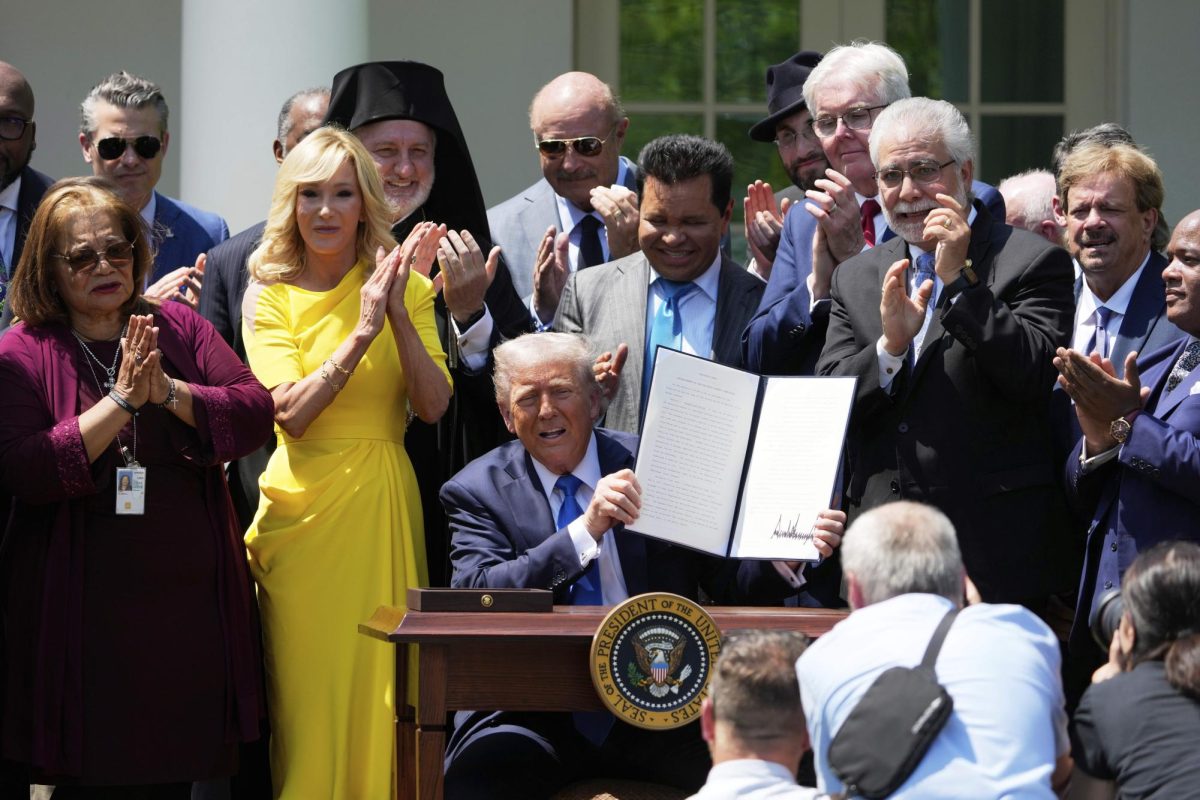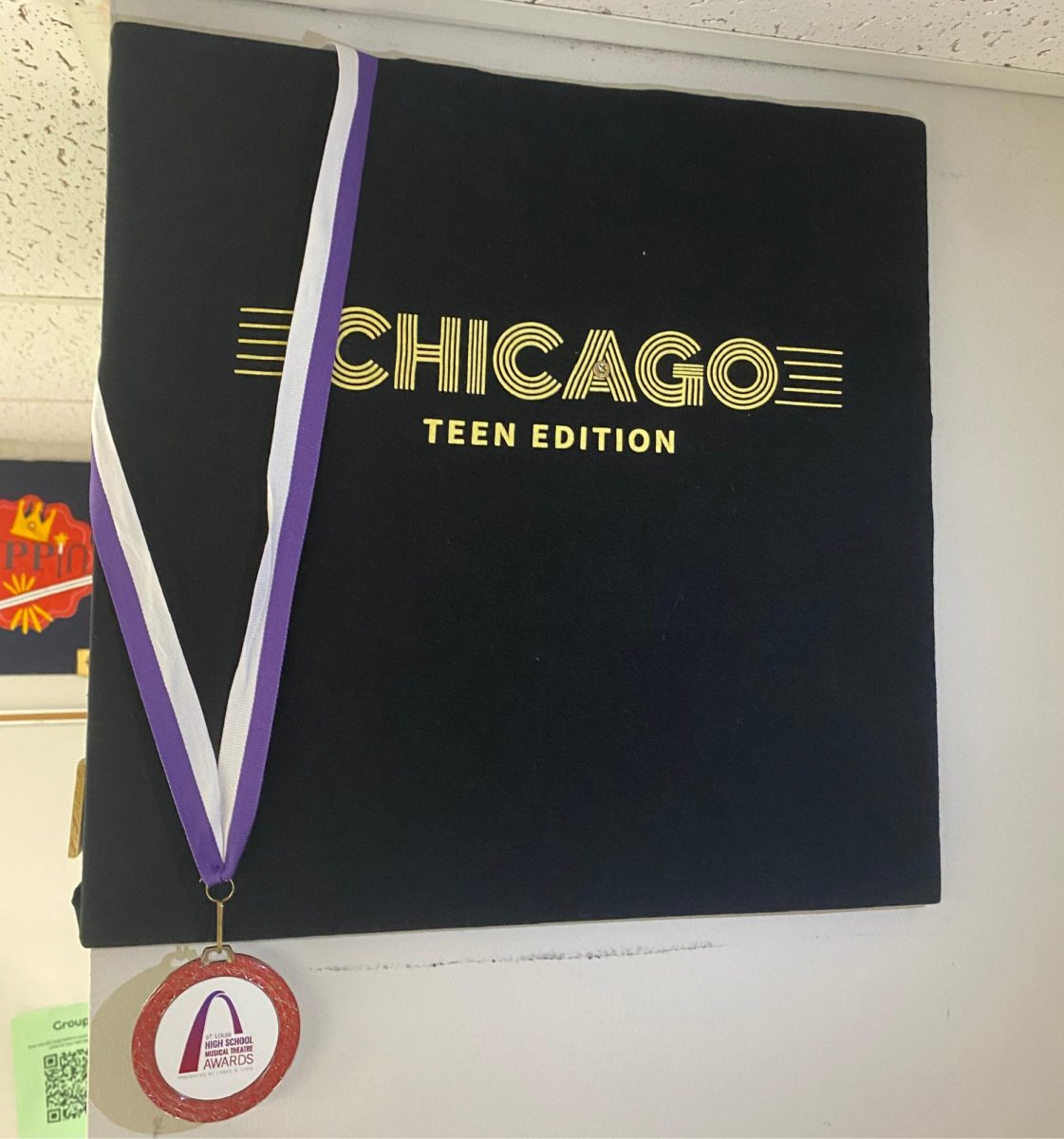Music Videos Move Minds
September 1, 2016
Music videos: they can be abstract, straight-forward, entertaining, or serious. Despite all of the different options out there, many artists are choosing to use their videos to send a message.
Singer Jennifer Hudson released the music video to her song “I Still Love You” on June 3, 2015. The video features a same-sex couple on their wedding day. Meanwhile, the groom’s father decides whether or not to attend the wedding. Despite being late, the father shows up as the couple exchanges vows.
“[The video shows] that no matter who you are or what happens in your life, your parents will always be there for you… even though they might not fully accept you for who you are,” senior Nicholas Guetterman said.
Freshman Sydney Malone thinks the video applies to everyone and people should be able to love who they want without being judged.
“Love conquers all,” Malone said. “No matter what you think or what your beliefs are love should always come out in the end. That’s what matters the most.”
Artists fill the music world with love songs– “I Still Love You” being one of them– whether they are about breakups or budding romances. Shawn Mendes’s song “Treat You Better” addresses the darker side of some relationships.
Released July 12, 2016, “Treat You Better” opens with a scene of a couple fighting while parked at a motel. As the video progresses it switches between scenes of Mendes’s love interest in an abusive relationship and his frustration over her situation.
“I think this topic works well for Shawn Mendes’s audience because they are mostly young girls,” junior Amal Tamari said. “They should learn that they deserve more and never to stay with someone who harms you in any way.”
The end of the video displays the Domestic Abuse Hotline– a feature that could overlooked because of its placement in the video. Malone found the hotline to be an important addition.
“People don’t think they have anyone to talk to about [abuse], but when they see a video like that… they know that they can call someone after the fact,” Malone said.
Not all music videos address relationships.
Beyonce’s “Formation” music video, released May 21, 2016, features complicated dancing, costumes and a compilation of impactful video clips. At first watch it is easy to miss the messages, hidden or obvious. The meaning behind “Formation,” Tamari said, is to honor black beauty and excellence.
“The message is important even if it doesn’t apply to me,” she said. “The media doesn’t include the diversity we need to represent the country. It’s amazing to see an all-black music video about embracing culture.”
Whether the topic is political, cultural or social, music video accessibility and artist prominence addresses problems on different level.
“Viewers could be affected emotionally by these videos because of the topics and social issues being discussed, Guetterman said.
“[Music videos] could really open people’s eyes and change the way they view themselves as a person, especially since these videos are being viewed everywhere.”











